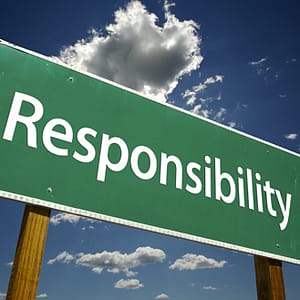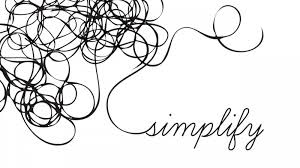Holiday Blitz or Holiday Bliss?
 Top 10 Ways to stay Present.
Top 10 Ways to stay Present.
With the holidays upon us, life can get busier than usual and it’s easy to get overwhelmed, if we don’t stay present in the moment.
Paying attention and keeping the intention to fully ENJOY this week before Christmas makes all the difference between Holiday Blitz and Holiday Bliss.
Try these ten ways to enhance your enjoyment during the holidays.
1. Be present in the moment. Pay attention to the details: Notice the sound of children’s laughter, the meaning of the words in the Christmas carols, the texture and flavor of the food you eat, literally stop to smell the roses (or the gingerbread in this season).
2. Make a list of what you want to accomplish today. List only the portion of a major project that can be completed today. Include pleasures as well as tasks.
3. Concentrate on the task at hand. Give it your best, most often complete is better than “perfect”.
4. Journal first thing every morning to empty your mind of worry and chatter. Write three pages without stopping; it doesn’t need to be grammatically perfect, just let your thoughts flow.
5. Allow thoughts and feelings come and go without judging them. Neither cling to nor reject them. Just breathe.
6. If you feel yourself getting irritated in traffic, or long shopping lines, or with family members, remember you have the power to change your thoughts and responses in each moment. Find three good things about the situation.
7. Don’t try to juggle everything in your mind. During the day when you think of something you don’t want to forget, jot it down, or put it in a note in your smart phone.
8. Be where you are. When you find yourself drifting off elsewhere, a gentle reminder to “be present” can help.
9. Take a moment to transition yourself from place to place and task to task.
10. This time of year reminds us to let go of the past. Make amends, forgive, grieve. Ask for help if you’re unable to let go.
Do you have other ideas that have allowed you to BE more present in your life each day? Share it with us below!



 Experts say that we have to stay with a change for at least 28 days to make it “stick.” Here are 10 ways to make your new food habits a solid part of the “new you.”
Experts say that we have to stay with a change for at least 28 days to make it “stick.” Here are 10 ways to make your new food habits a solid part of the “new you.” important decisions: how to spend her money, who to go out with, even what clothes to wear. Josie is anxious and depressed.
important decisions: how to spend her money, who to go out with, even what clothes to wear. Josie is anxious and depressed.


